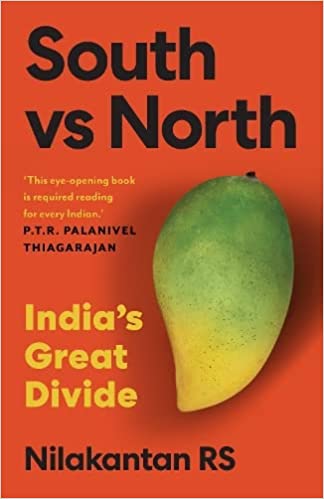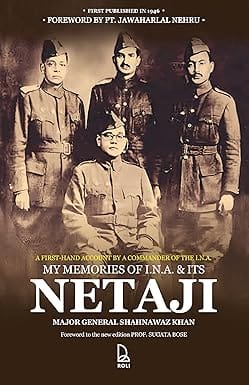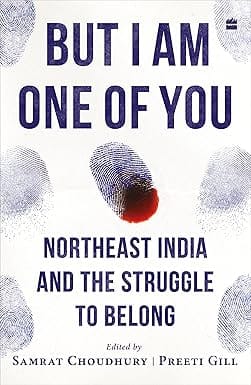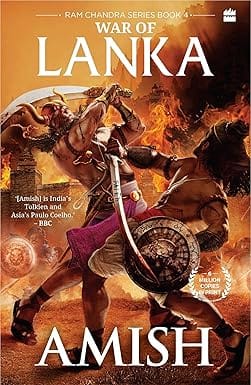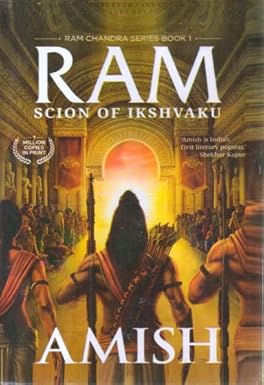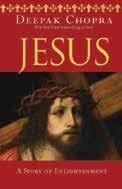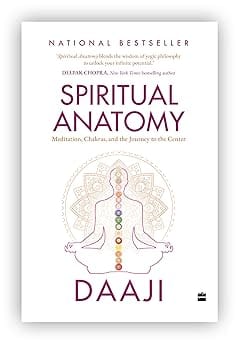-
Contemporary Fiction
- Contemporary Fiction
-
Children
- Children
-
Comics & Graphic Novels
- Comics & Graphic Novels
-
Non-Fiction
- Non-Fiction
-
Fiction
- Fiction
Compare two children – one born in north India, the other in the south. The child from south India is far less likely to die in the first year of her life or lose her mother during childbirth.She will also receive better nutrition, go to school and stay in school longer; she is more likely to attend college and secure employment that pays her more. This child will also go on to have fewer children, who in turn will be healthier and more educated than her. In a nutshell, the average child born in south India will live a healthier, wealthier, more secure life than one born in north India.
Why is south India doing so much better than the north? And what does that mean?
In this superbly argued book, data scientist Nilakantan RS shows us how and why the southern states are outperforming the rest of the country and its consequences in an increasingly centralized India. He reveals how south India deals with a particularly tough set of issues – its triumphs in areas of health, education and economic growth are met with a policy regime that penalizes it; its success in population control will be met with a possible loss of political representation. How will the region manage such an assault?
Hard-hitting, troubling and full of fascinating data points, South vs North is an essential book about one of the biggest challenges that India faces today.
About the Author
- Home
- Non-Fiction
- South Vs North Indias Great Divide
South Vs North Indias Great Divide
SIZE GUIDE
- ISBN: 9789393986344
- Author: Nilakantan Rs
- Publisher: Juggernaut
- Pages: 280
- Format: Hardback
Book Description
Compare two children – one born in north India, the other in the south. The child from south India is far less likely to die in the first year of her life or lose her mother during childbirth.She will also receive better nutrition, go to school and stay in school longer; she is more likely to attend college and secure employment that pays her more. This child will also go on to have fewer children, who in turn will be healthier and more educated than her. In a nutshell, the average child born in south India will live a healthier, wealthier, more secure life than one born in north India.
Why is south India doing so much better than the north? And what does that mean?
In this superbly argued book, data scientist Nilakantan RS shows us how and why the southern states are outperforming the rest of the country and its consequences in an increasingly centralized India. He reveals how south India deals with a particularly tough set of issues – its triumphs in areas of health, education and economic growth are met with a policy regime that penalizes it; its success in population control will be met with a possible loss of political representation. How will the region manage such an assault?
Hard-hitting, troubling and full of fascinating data points, South vs North is an essential book about one of the biggest challenges that India faces today.
About the Author
Related Books
User reviews
NEWSLETTER
Subscribe to get Email Updates!
Thanks for subscribing.
Your response has been recorded.

India's Iconic & Independent Book Store offering a vast selection of books across a variety of genres Since 1978.
"We Believe In The Power of Books" Our mission is to make books accessible to everyone, and to cultivate a culture of reading and learning. We strive to provide a wide range of books, from classic literature, sci-fi and fantasy, to graphic novels, biographies and self-help books, so that everyone can find something to read.
Whether you’re looking for your next great read, a gift for someone special, or just browsing, Midland is here to make your book-buying experience easy and enjoyable.
We are shipping pan India and across the world.
For Bulk Order / Corporate Gifting
 +91 9818282497 |
+91 9818282497 |  [email protected]
[email protected]
Click To Know More
INFORMATION
POLICIES
ACCOUNT
QUICK LINKS
ADDRESS
Shop No.20, Aurobindo Palace Market, Near Church, New Delhi

